In `The Weapon of the Other' Kancha Ilaiah contends that since colonial times, Hindu religious texts, which were read only by a small minority of upper-caste leaders, have been projected as sources of Indian nationalist thought while the Buddhist scriptures, the Bible and the Quran, whose readers were far more numerous, are relegated to the periphery of discussions about nationalism. He explores the possibility of examining Indian nationalism from an altogether different perspective, i.e., from the point of view of the Dalitbahujans of India and examines in detail the political core of liberatory ideas expounded by Gautam Buddha as well as modern thinker-activists like Ambedkar, Phule and Periyar. He also foregrounds a marginalized tradition of Dalitbahujan writings, thus providing an alternative textual source for developing nationalist thought.
The theme of the book is moulded by narratives of lives, struggles and marginalization of writers who produced these works. In contrast with the spiritualistic texts employed by the upper-caste intelligentsia, the philosophical contours of these texts were shaped by productive culture, ethics and philosophy, as well as the native common sense of the `organic intellectuals', the Dalitbahujan writers, thinkers and activists. The book calls for a paradigm shift in our thinking about nationalism as it asserts that a broad-based nationalist thought can only be built upon efforts, material and literary, of the toiling masses of this nation.
Interrogating popular notions about nation, nationalist thought and nation-building, this book will inspire a new generation of scholars, activists and public intellectuals.
ABOUT THE AUTHOR Kancha Ilaiah
The author is professor and head (2003-05), department of political science, Osmania University, Hyderabad. he has helped to build up Dalitbahujan and civil liberties movements in India. As a member of the Satyashodhak research team he built an ideological discourse in the Post Mandal Report period. He wrote The State and Repressive Culture: The Andhra Experience (1989), which made a significant contribution towards evolving a perspective on caste and civil liberties. His paper 'Experience as Framework of Debate', which appeared in the Economic and Political Weekly, set up new terms for the debate on the reservation policy during the anti-Mandal struggle in 1990. His contributions have appeared in Economic and Political Weekly, Frontier and Mainstream, and in major national English dailies like The Hindu, times of India, Hindustan Times, Indian Express, Deccan Herald and Deccan chronicle. He is also a regular contributor to Teleu magazines and to dailies like Vaartha and Andhra Jyothi. His second book, God as Political Philosopher: Buddha's Challenge to Brahminism, emerged out of his Ph.D. thesis. His third book, Buffalo Nationalism-A Critique of Spiritual Fascism, offers a selection from his columns in popular newspapers and journals. Since Why I am not a Hindu raised a major debate in English and other regional media, he wrote a book in Telugu, Manatatwam (Our Philosophy), which put the Dalitbahujan productive philosophy in a new perspective. Manatatwam, as a follow up of Why I am Not a Hindu, has become an ideological weapon among Dalitbahujan and Left circules in Andhra Predesh. His work, 'The other Nationalism: A Study in Dalitbahujan Nationalist Thought and Ideology', will be published by the Nehru Memorial Museum and Library, Delhi, and is the result of research undertaken under its auspices as a fellow. He was also a postdoctoral fellow with Dalit Freedom Network, Denver, Colorado, for six months in 2004-05. He was a member of the National Campaign for Dalit Human Rights that took the caste and untouchability issue to the UN conference on Racism, Racial discriminiation and Xenophobia at Durban in 2001. He has lectured extensively on the caste system in India and the USA, the UK and the Netherlands. He says that Why I am Not a Hindu has changed the entire direction and course of his life.


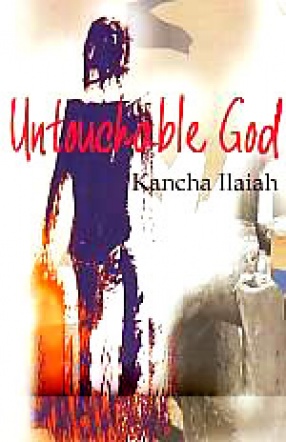
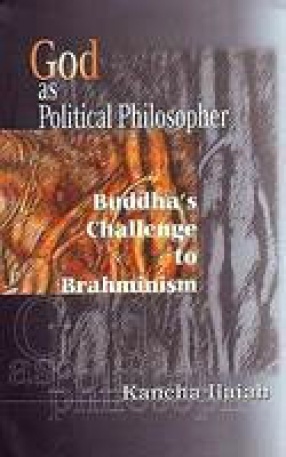
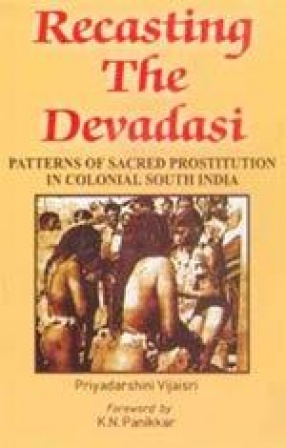
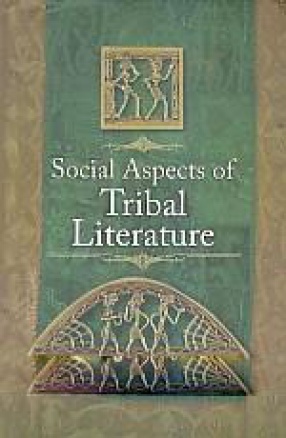
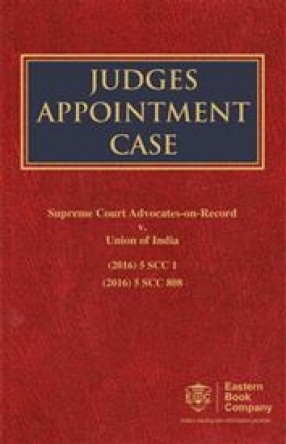
There are no reviews yet.